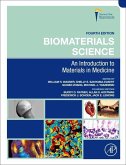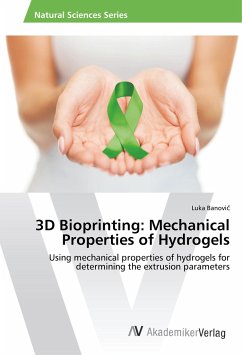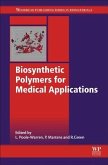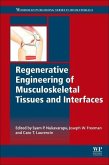In response to the rising demand for engineered tissues and organs, there have been great research interests to fabricate functional tissues in laboratories, and such products may revolutionize the current approaches for medicine and healthcare. However, to achieve this daunting task of mimicking functionality and complexity of native tissues, scaffolds have to be sufficiently vascularized with precise controls so that the resident cells can be perfused with oxygen and nutrients. The materials designed and cell culture techniques presented here demonstrate their capabilities to support endothelial cell morphogenesis into capillary-like structures. Specifically, poly(ethylene glycol)-based hydrogels were synthesized to promote and sustain therapeutic angiogenesis in hosts for wound healing and tissue engineering applications. By fine-tuning the biochemical and biophysical properties of gel matrices, micropatterning of biomolecules with photolithographic techniques, and co-culturing with mesenchymal stem cells, endothelial cells were induced to form blood vessels that were successfully integrated into host's vasculature in murine models.
Bitte wählen Sie Ihr Anliegen aus.
Rechnungen
Retourenschein anfordern
Bestellstatus
Storno








